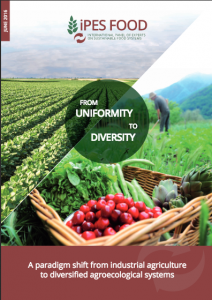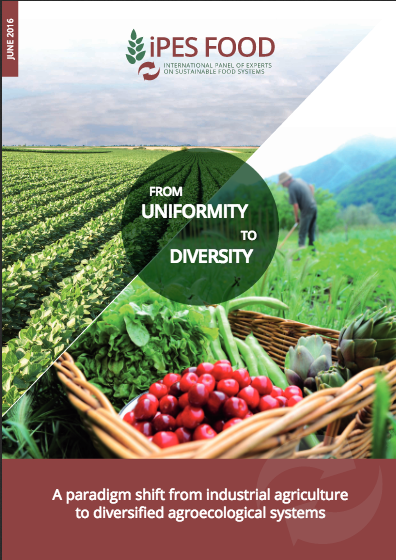 Many influential studies have helped shape our understanding of the perilous situation our food systems are in, from the degradation of ecosystems to the fragility of farmer livelihoods in many parts of the world; from the persistence of hunger and under-nutrition to the rampant growth of obesity and diet-related diseases.
Many influential studies have helped shape our understanding of the perilous situation our food systems are in, from the degradation of ecosystems to the fragility of farmer livelihoods in many parts of the world; from the persistence of hunger and under-nutrition to the rampant growth of obesity and diet-related diseases.
However, few studies have yet to provide a comprehensive view of how alternative food systems, based around fundamentally different agricultural models, perform against the same criteria. Even fewer have mapped out the pathways of transition towards the sustainable food systems of the future.
This report explores the potential for a shift to occur from current food systems, characterized by industrial modes of agriculture, to systems based around diversified agroecological farming. It asks what the impacts on food systems would be if diversity, rather than uniformity, were the key imperative. The ecological benefits of such a shift have been widely documented. The key question, and the one asked in this report, is where the trade-offs lie.

